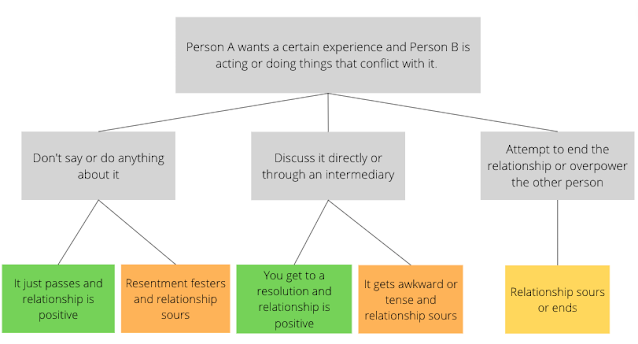Dynamo energy
I remember being drawn to a dynamo bike light when I was a kid. It's a contraption that converts the mechanical movement of the bike wheels into electrical energy and then, light. So you power the light just by pedaling the bike. When you don't pedal, the light stays off. As you start pedaling, the light turns on dimly and then, turns to fully bright as you get to a faster steady pace. The dynamo concept came back to me again yesterday as I was having a particularly lazy vacation day. I had woken up late, didn't shower or change, and didn't step out or move much. I felt sluggish and so spent more of the day laying and reading in bed, and napped more. The lazing made me feel more lethargic both physically and mentally, which is antithetical to the goal of a vacation or relaxation. The sluggishness quickly dissipated when I eventually showered, changed, and went out for a walk in a vibrant part of town. Like a dynamo bike light, our bodies and minds also get activated ...






